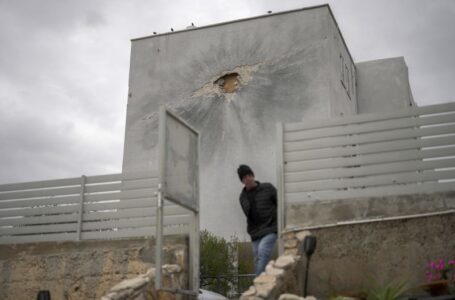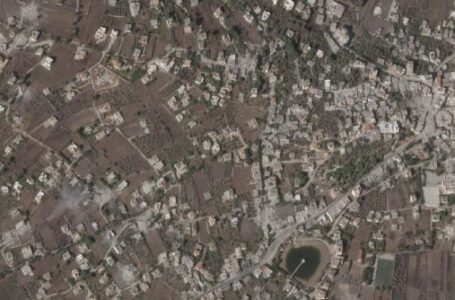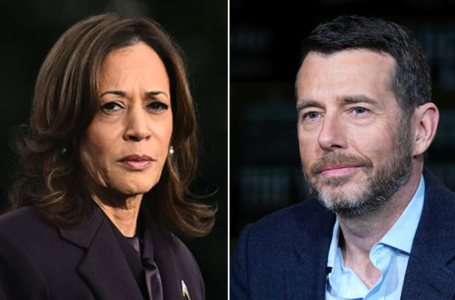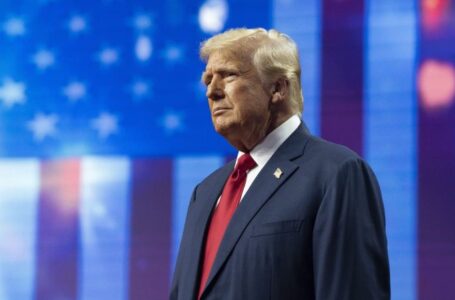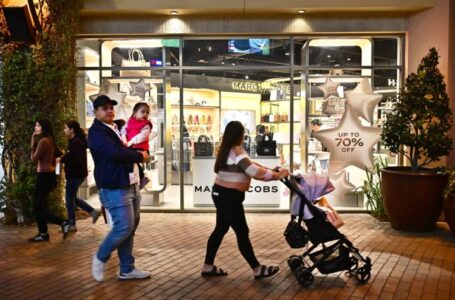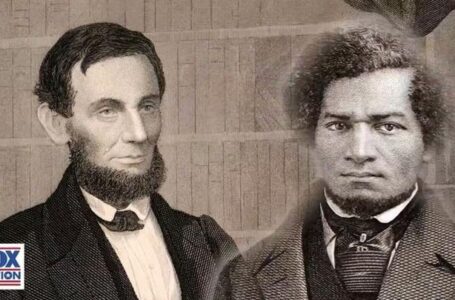Ceasefire brings ‘unusual’ calm for northern Israelis, but fears of Hezbollah threats persist
Trump and Harris poll in dead heat in NBC News survey as Election Day approaches
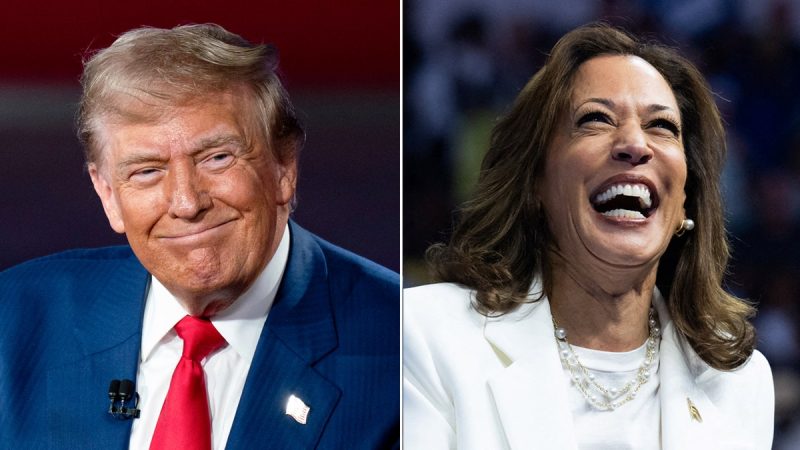

Vice President Kamala Harris and former President Donald Trump are locked in an extremely tight contest for the White House, with voters virtually split evenly between the two candidates, an NBC News survey of registered voters indicates.
When the poll, conducted Oct. 4-8, asked respondents who they would choose, Trump and Harris each earned 48% in a hypothetical one-on-one matchup.
When third-party figures were included in the mix, the overall result was 47% support for Trump versus 46% for Harris.
Specifically, 42% indicated that they would definitely support the Republican presidential ticket, while another 42% said they would definitely pick the Democratic ticket. Additionally, 4% indicated that they would probably vote for the GOP ticket while 3% noted they would probably vote for the Democratic ticket. And 1% leaned toward the Democratic ticket while another 1% leaned toward the Republican ticket.
‘As summer has turned to fall, any signs of momentum for Kamala Harris have stopped,’ Democratic pollster Jeff Horwitt, who performed the survey with GOP pollster Bill McInturff, noted, according to NBC News. ‘The race is a dead heat.’
The contest is very close even as Election Day, which is on Nov. 5, 2024, draws near.
‘The challenge for Kamala Harris: Can she meet the moment and fill in the blanks that voters have about her?’ Horwitt noted, according to NBC News. ‘The challenge for Donald Trump: Can he make the case that the chaos and personal behavior that bothered so many about his first term will not get in the way of governing and representing America?’ he said. ‘The next month will tell whether the candidates can meet these challenges.’
The poll results also reflect a deep divide regarding people’s preferred outcome for the upcoming congressional elections, with 47% preferring a Republican-controlled Congress and 47% preferring a Democrat-controlled Congress.
The survey notes that, ‘[t]he margin of error for 1,000 interviews among registered voters is ±3.10%.’

